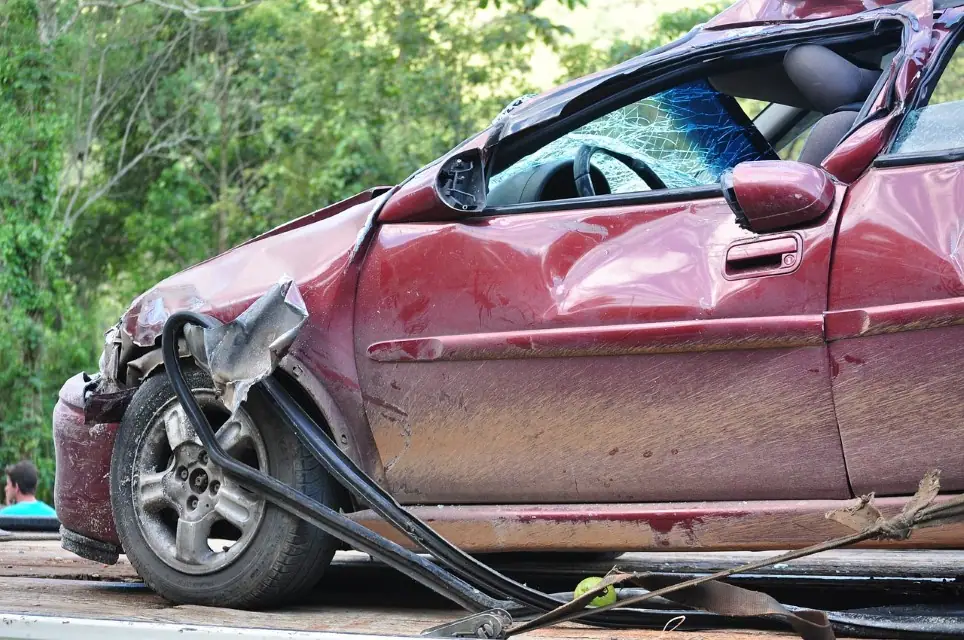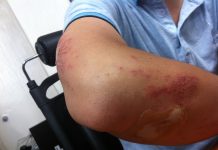Being in a car accident can be a scary and stressful experience. Even minor fender benders can leave you feeling shaken up. If you’ve been in an accident, there are some important steps you should take to protect yourself and follow the law.
Assess the Situation
The first thing to do is assess the situation. Are you or anyone else injured or in immediate danger? If so, call 911 right away. Even if injuries seem minor, it’s best to get medical attention in case there are unseen issues like internal bleeding or a concussion.
If the vehicles are movable and there are no injuries, move them to the shoulder or side of the road. Turn on hazard lights and set up road flares or triangles behind the vehicles to alert other drivers.
Exchange Information
If the police do not respond to the accident, be sure to exchange contact and insurance information with the other driver. Get their name, phone number, address, license plate, driver’s license number, insurance company and policy number.
Also get the names and contact information for any passengers or witnesses. If possible, take pictures of the damage, the vehicles’ positions and any skid marks on the road.
File a Police Report
In most states, you must notify the police after an accident if there is injury, death or more than a certain amount of property damage (often around $500-$1000). Even if not required, filing an accident report can help document what happened for insurance and legal purposes.
Provide the dispatcher with the location, number of vehicles involved and any injuries. Stick around the accident scene until police arrive and provide your statement of what happened. Get a copy of the police report or at least the report number before leaving.
Notify Your Insurance Company
As soon as you are able, contact your insurance company to file a claim. Provide details about the accident, any injuries or damage, and the insurance information for other drivers. Cooperate fully with your insurer’s investigation of the accident.
If the accident was not your fault and the other driver was uninsured or underinsured, your own insurer may cover damages through uninsured/underinsured motorist coverage.
Get Medical Attention
Even if you don’t have obvious injuries, get checked out by a doctor. Adrenaline can mask pain symptoms until days later. A medical evaluation can find internal injuries, concussion, whiplash or other issues. The records can document any injuries for insurance and legal claims down the road.
Consult an Attorney
For serious accidents with injuries or fatalities, it’s advisable to consult an attorney experienced with car accident claims. An attorney can deal with the insurance companies on your behalf and make sure you receive full compensation. They can also file a lawsuit if needed and represent you in court.
Dealing with repairs, medical bills, lost wages, insurance claims and liability issues can quickly get complicated after an accident. Having knowledgeable legal guidance can take much of the stress out of the situation.
Take Care of Yourself
In the days and weeks after an accident, make sure to take care of your physical and emotional needs. Get enough rest, eat healthy foods, follow doctor’s orders and avoid overexerting yourself. Anxiety, trouble sleeping and other stress reactions are common after collisions. Don’t hesitate to seek counseling or join a support group to help cope with feelings of trauma or displacement.
While being in an accident is a frightening experience no one wants to go through, following these guidelines can help protect yourself and exercise your legal rights. Stay calm, get to safety, document the incident, seek medical care and work with professionals to handle insurance and legal matters. With time, patience and support, you can recover and move forward after an accident. The important thing is that you and others involved were able to walk away.







